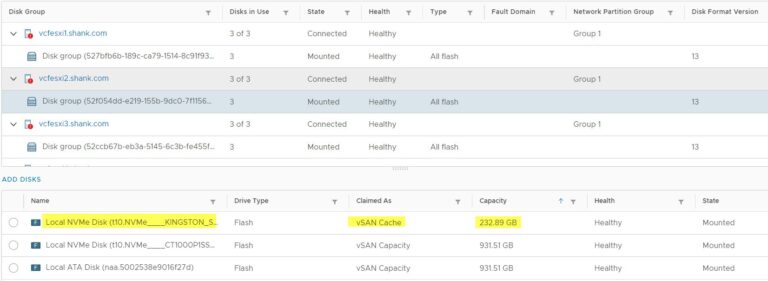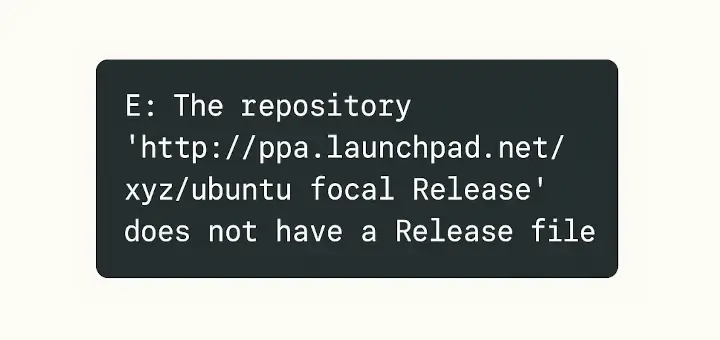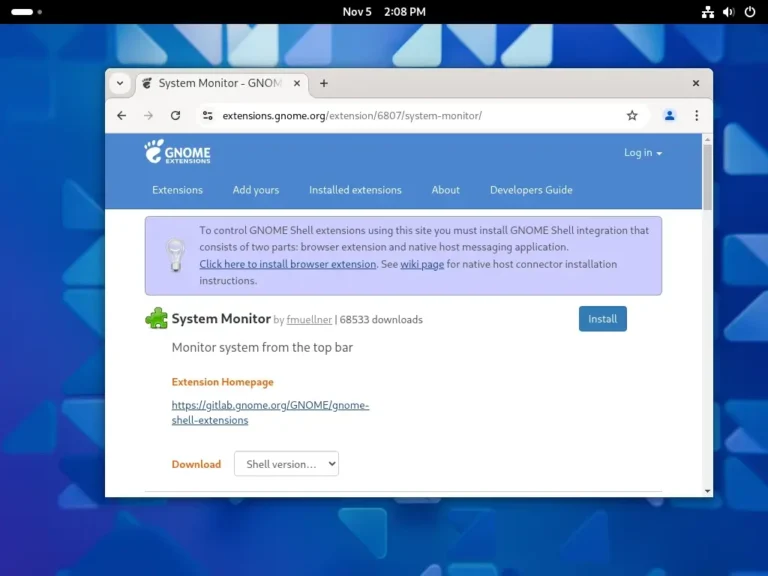Sudoers is the default sudo security policy plugin in Linux; however, experienced system administrators can specify a custom security policy as well as input and output logging plugins. It is driven by the /etc/sudoers file or, alternatively by LDAP.
You can define sudoers options like the insults option or several others in the file /etc/sudoers. It is set under the Defaults entries section. Read through our last article, which explains 10 Useful Sudoers Configurations for Setting ‘sudo’ in Linux.
In this article, we will explain a sudoers configuration parameter to enable an individual or system administrator to set sudo command to insult system users who enter the wrong password.
Start by opening the file /etc/sudoers like so:
sudo visudo
Go to the Defaults section and add the following line:
Defaults insults
This setting will make sudo print humorous or sarcastic messages every time a user enters an incorrect password.
Below is a sample of /etc/sudoers file on my system showing default entries.
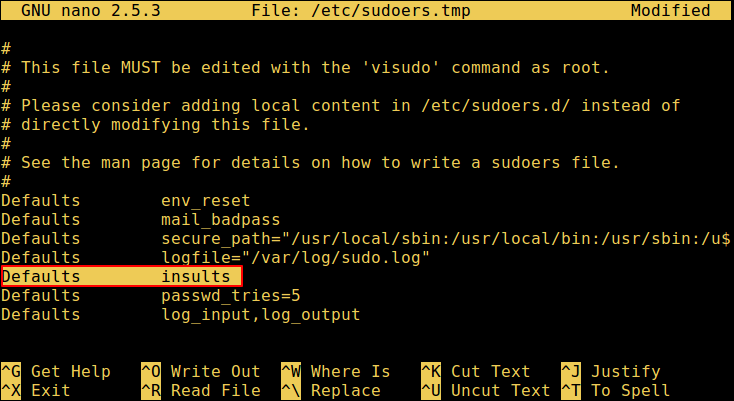
From the screenshot above, you can see that there are many other defaults defined, such as sending mail to root each time a user enters a bad password, setting a secure path, configuring a custom sudo log file, and more.
Save the file and close it.
Run a command with sudo and enter the wrong password, then observe how insults option works:
sudo visudo
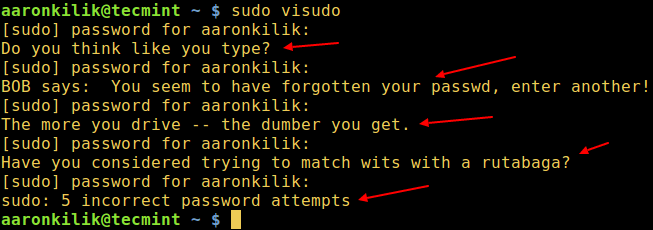
Each failed password attempt will now trigger a different sarcastic or humorous insult, selected randomly from a built-in set of messages compiled into the sudo binary.
Note: When you configure the insults parameter, it disables the badpass_message parameter which prints a specific message on the command line (the default message is “sorry, try again”) in case a user enters the wrong password.
To modify the message, add the badpass_message parameter to the /etc/sudoers file as shown below.
Defaults badpass_message="Password is wrong, please try again" # try to set a message of your own
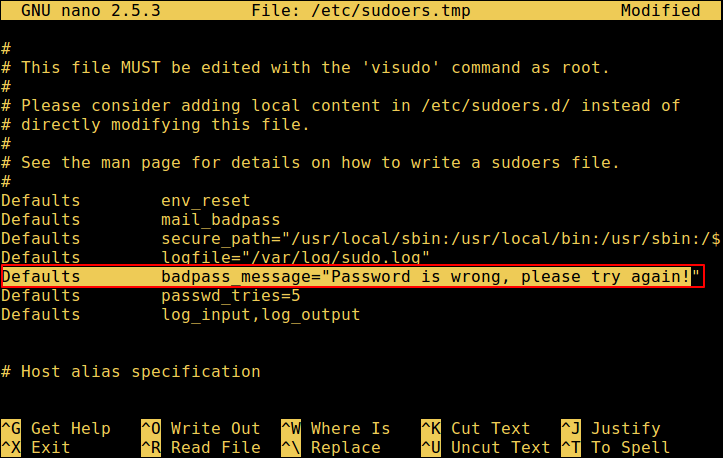
Save the file and close it, then invoke sudo and see how it works, the message you set as the value of badpass_message will be printed every time you or any system user types a wrong password.
sudo visudo
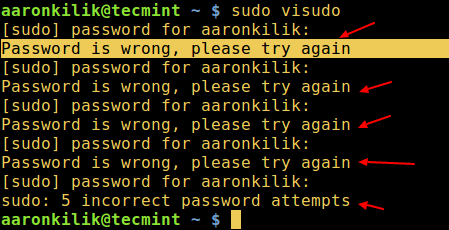
Remember: The insults and badpass_message options are mutually exclusive; you can only use one at a time. If both are present, badpass_message will override insults.
How to Remove or Revert Changes
If you ever decide to disable the insults or badpass_message options, the process is simple, just open the /etc/sudoers file using the visudo command.
sudo visudo
Once inside, locate the line that sets Defaults insults or Defaults badpass_message, and either delete it or comment it out by adding a # at the beginning of the line.
# Defaults insults # Defaults badpass_message="Your custom message"
After making the necessary changes, save and close the file, which will revert sudo back to its default behavior, where it simply displays the standard “Sorry, try again” message on incorrect password attempts.
Always use visudo when editing this file to avoid configuration issues that could lock you out of admin access.
That’s all, in this article we reviewed how to set sudo to print insults when users type a wrong password. Do share your thoughts via the comment section below.


